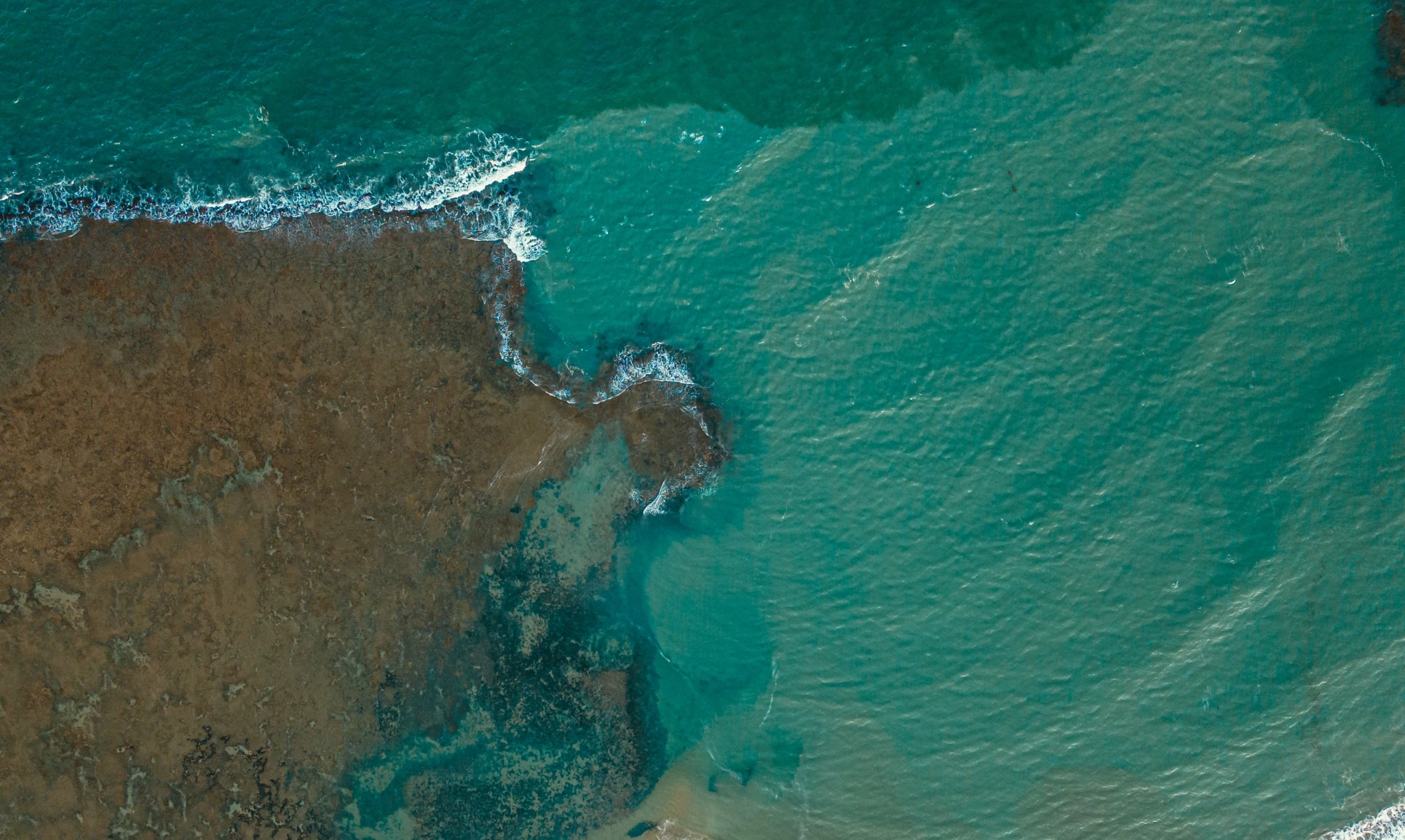
Pousada Tutabel is integrated with the territory with the purpose of promoting Regenerative Tourism.
The Atlantic Forest is one of the richest biomes in the world in terms of biodiversity. Around 20,000 species of flora and fungi native to the Atlantic Forest are known (which corresponds to 41% of Brazil’s flora and fungi), including several endemic and endangered species (Flora e Funga do Brasil, 2025).
Brazil began here, in the richness of Bahia’s Atlantic Forest. Until 1500, the biome covered more than 1.3 million km² along most of the country’s coastline; today, however, only 24% of the original forest remains, and unfortunately, only 12.4% of it consists of mature, well-preserved forests (SOS Mata Atlântica).
Inserted within this precious biome, Pousada Tutabel reaffirms its commitment to developing practices and initiatives that contribute to regenerative tourism in Trancoso, ensuring balanced, sustainable, and territory-integrated development, preserving the environment, and strengthening local culture and community.
REGENERATIVE TOURISM
Involves not only the adoption of best practices to leave the territory better than it was before but also the participation of the entire tourism chain in the integrated planning process (Aliança Futuri):

The Rio do Brasil Private Natural Heritage Reserve (RPPN) is a protected conservation area where 975 hectares of “Tabuleiro Forest,” a variation of the Atlantic Forest, are preserved. In the reserve, tourism activities are carried out with the purpose of valuing nature and raising awareness about the importance of its conservation. Throughout the year, in addition to our guests, we host free visits to the RPPN for children and young people from schools and NGOs in the region.
The organic garden at the Rio do Brasil RPPN is one of the main suppliers of fresh, native ingredients used in Pousada Tutabel’s dishes. Around 40 types of vegetables – greens, legumes, roots, fruits – are harvested according to seasonality. Much of the fertilizer used in the garden is produced at the RPPN, taking advantage of pruning and organic waste from the inn itself, which, after going through a composting process, is transformed into fertilizer.

In this direction, Pousada Tutabel adopts, in all its projects, the premise of developing and expanding the 4 C’s of Regenerative Tourism:
Conservation + Culture + Community + Commerce
There is, therefore, a commitment to act based on these four pillars, ensuring a genuine experience of connection between guests and visitors with local nature and culture.
Finally, the following guidelines reinforce Pousada Tutabel’s commitment to Regenerative Tourism and business Sustainability:
We are committed to developing and supporting socio-environmental projects in the territory, implementing management practices and the sustainable use of natural resources, promoting conscious consumption with waste reduction and proper disposal, and raising awareness among guests and staff about sustainability and the conservation of local biodiversity.
We seek an exchange with the local community through the projects supported by Pousada Tutabel, strengthening and valuing its potential, as well as fostering collaborationbetween residents, tourism businesses, and government authorities to promote inclusion, respect for local culture, and the sharing of economic benefits.
We promote low-impact tourism activities and genuine connection experiences with the local biome, developing operations integrated with the territory, ensuring that the servicesoffered foster the city’s economy through the appreciation of local inputs and crafts, and providing information about biodiversity, ecological tourism, and best practices aligned with regenerative tourismprinciples.
We support and encourage education and training programs that strengthen individual and institutional capacities for the sustainable development of the city, raisingawareness among guests, staff, and residents about the importance of sustainability and regeneration of tourist destinations, while also communicating our practices transparently to promoteengagement and knowledge sharing.
We define performance indicators and conduct regular analyses to identify areas for improvement and develop corrective measures.
We establish supplier selection criteria that consider environmental and social aspects, prioritizing local partners and products with sustainable certifications, in addition topreferring organic foods from local producers, bulk products, and items with compostable, reusable, or recyclable packaging, avoiding, whenever possible, single-use plastics and non-recyclable or non-reusable packaging.
We strive to ensure accessibility and equality in all environments, valuing local culture, ensuring decent working conditions with strict health and safetyprotocols, appropriate PPE, and feedback channels for employees, as well as promoting an inclusive environment and continuously training the team in best practices for sustainability and biodiversityconservation.
Pousada Tutabel is committed to welcoming diversity and ensuring that people of different ages and needs can enjoy our facilities in comfort and tranquility. Currently, we have an adapted room, providing a welcoming and accessible experience. We are continuing to improve and plan new adaptations, with the goal of making our spaces increasingly inclusive. Our team is always available to welcome, assist, and meet the individual needs of each guest with attention and care.